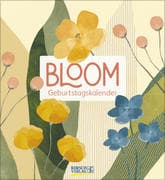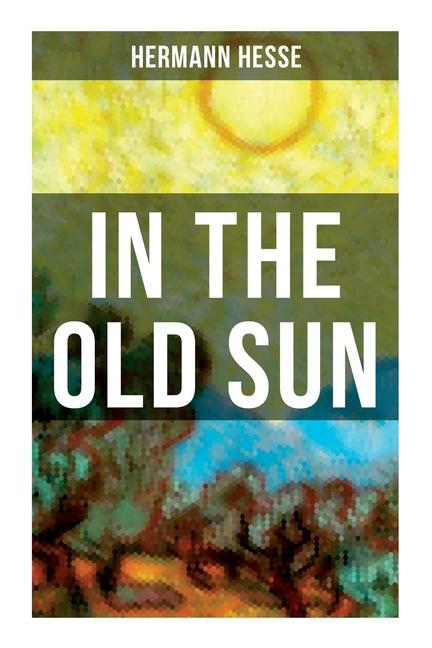In Hermann Hesse's poignant novella, "In the Old Sun," readers are invited into a world steeped in reflection and introspection, where the passing of time is intricately woven into the threads of human experience. Hesse's literary style, characterized by evocative prose and lyrical rhythms, mirrors the contemplative nature of the narrative. The book resonates within the context of early 20th-century European literature, grappling with themes of identity, enlightenment, and the search for meaning amidst a rapidly changing world influenced by modernity and existential philosophy. Hermann Hesse, a prominent figure in German literature, was deeply influenced by his own life experiences, including his struggles with identity and his exploration of spirituality. As a writer who sought understanding amidst the chaos of his time, Hesse's insights into the human condition are a reflection of his journey through various philosophical and artistic movements, particularly his interest in Eastern philosophies and psychoanalysis. "In the Old Sun" is a masterpiece that invites readers to pause and reflect on their own lives. It is a perfect read for those who appreciate lyrical narratives that confront the profound questions of existence. Hesse's work remains profoundly relevant, offering timeless wisdom for contemporary seekers on the path of self-discovery.












